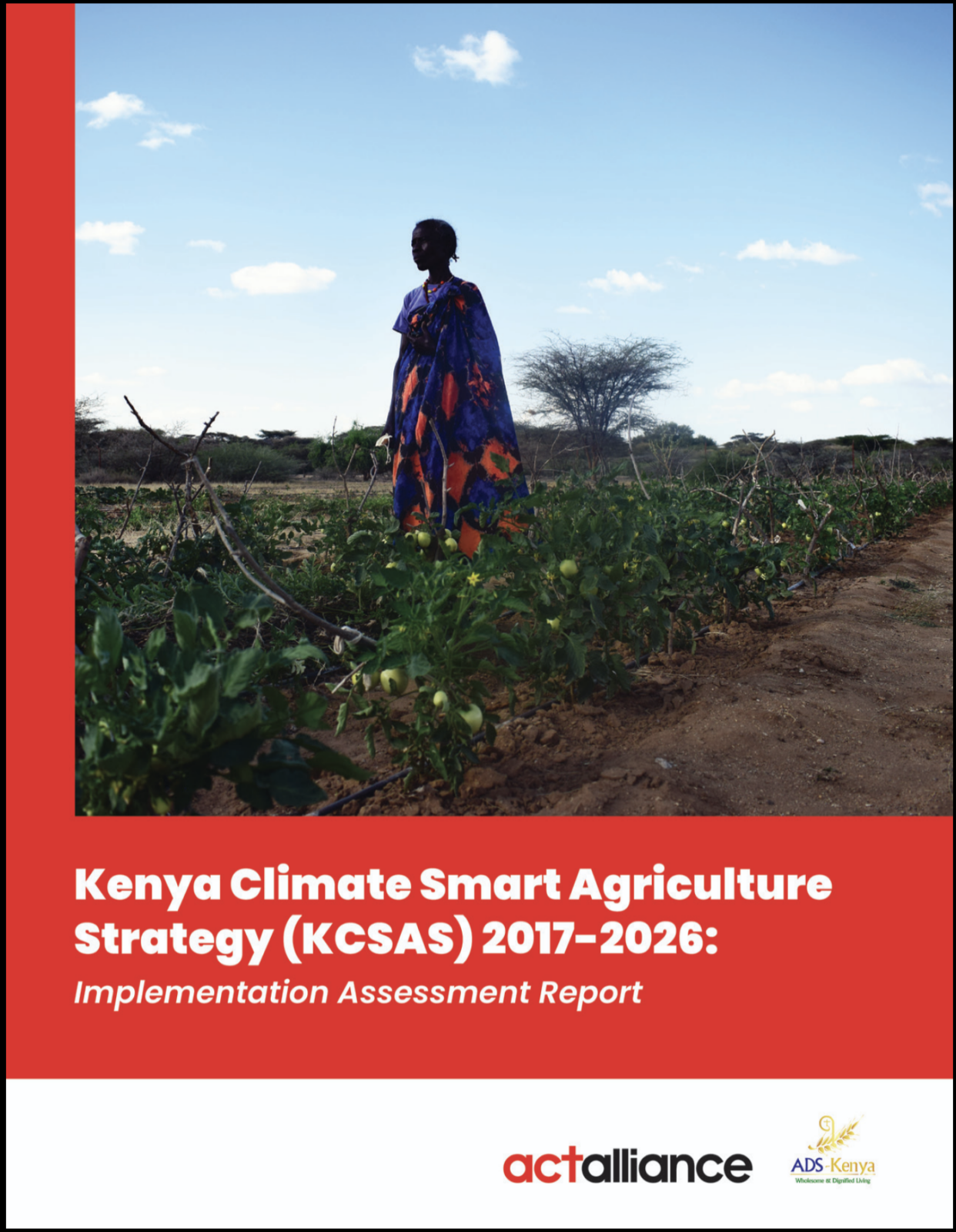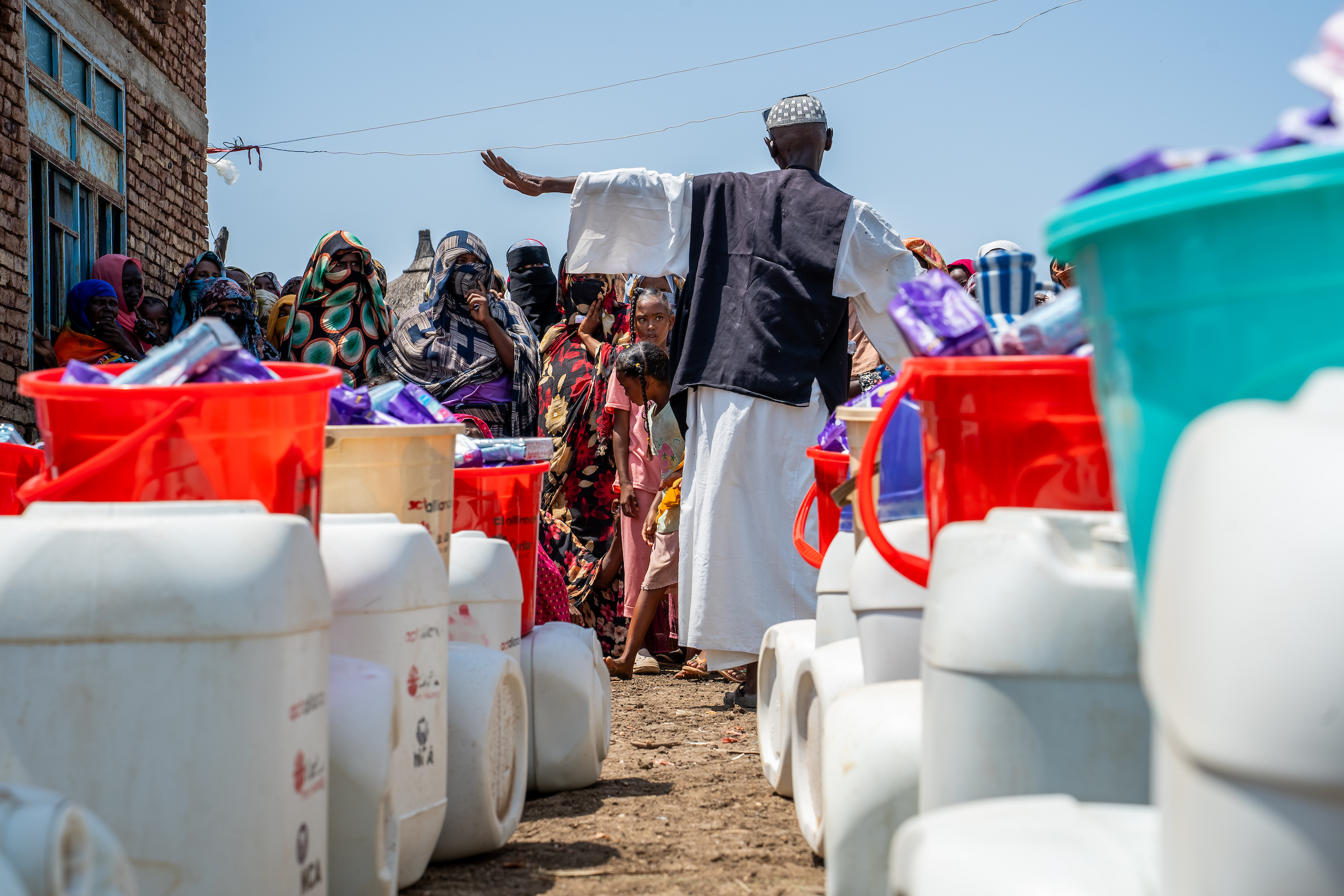Rudelmar Bueno de Faria, General Secretary, ACT Alliance
We are living through a convergence of crises: raging wars, deepening inequalities, escalating climate emergencies, unjust and unsustainable debt burdens, and a dramatic destabilisation of humanitarian funding. As world leaders gather at the Fourth International Conference on Financing for Development, the stakes could not be higher.
Faith and rights-based actors are mobilising to call for a just, equitable, and transformative global financing framework. This is not just a technical necessity — it is a moral imperative. Each year 4.8 trillion USD is lost to global tax abuse. These are resources that could fund education, health care, and climate resilience. Countries, such as Tanzania, lose $124,657,686 to tax havens each year, this is equivalent to 14.03% of their health budget. Progressive, transparent, and fair tax systems are essential to democratic governance – with the ability to reduce inequalities, redistribute wealth, and restore public services.
But taxation reform alone is not enough. The global debt crisis is spiralling. In the poorest and most vulnerable countries, interest payments on external debt have quadrupled since 2013, hitting an all-time high of US $34.6 billion interest on external debt. These debts are unjust, incurred under exploitative terms, and used as a tool of control. Despite ambitious climate finance commitments, OECD figures show that nearly 70% of climate finance from wealthy countries has come in the form of loans, exacerbating debt burdens. Ensuring debt cancellation, and climate finance that is new, additional, and grant based – is not merely a financial matter – it is a profound sacred calling – for justice to be restored, debts forgiven, and human dignity upheld in the pursuit of the common good.
Progressive, transparent, and fair tax systems are essential to democratic governance – with the ability to reduce inequalities, redistribute wealth, and restore public services.Rudelmar Bueno de Faria General Secretary, ACT Alliance
Recent and severe cuts to aid budgets is destabilising long-term development, and progress made in important localisation agendas. Locally rooted organisations struggle to continue to do their ‘life saving’ work. Funds are being redirected to meet short-term nationalistic agendas, and the impacts of these decisions will be long felt by already marginalised people. In the face of intersecting global crises – our calls for global solidarity cannot be optional.
Finally, we must democratise global economic governance. The current architecture — shaped in the post-World War II era — continues to reflect colonial legacies of exploitation, domination, and unjust power relations. As people of faith, we have a moral imperative to work together towards fixing the system rather than short-term solutions. Rooted in communities, our alliance hears the prophetic calls from for economic and social justice.
This is not a moment for patchwork fixes – it is time to rewrite the rules of our global economy.




